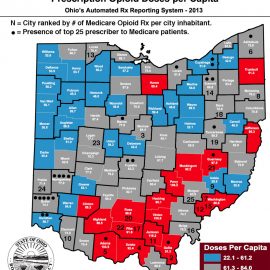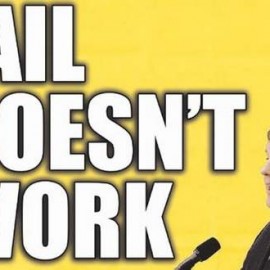Prevention
Opioids in International Relations
Voter perception and the fear of a public relations black eye is always a motivating factor in politics.
Topics: drug trafficking, opioids
Mission Not Accomplished
It’s a real challenge for the folks on the ground to fit their reality into the prescribed format of a Federal grant.
Topics: prescription medications
Proposing a Plan
This is in part a course correction from the trend of several decades ago, when the emphasis was on cutting expenses in the naive belief all addicts could be successfully treated on an outpatient basis.
Topics: recovery-friendly, systems
About Drinking and Smoking
We will have to deal with electronic smoking, which has exploded among young people even as cigarette use has declined.
Topics: alcohol, prevention, tobacco, vaping
Dayton Gets Results
We should remember that Ohio’s Republican governor had to go against the wishes of many in his own party in order to achieve this.
Topics: consequences, mortality, opioids
Proactive is the Key
Not Latin American cartels or Afghan warlords, but advocates for opioid treatment of chronic pain, and pharmaceutical firms with a substantial financial interest in selling opioids.
Topics: epidemiology, opioids
Opioid Evangelism
It’s these outdated attitudes towards addictions that enable the healthcare professional to ignore important information provided by the patient.
Topics: opioids, physicians
In the News: Going Postal
Traditional middle class jobs with career prospects replaced by a lower-paid, less stable workforce– perhaps more vulnerable to outside influence?
Topics: drug trafficking, epidemiology, legal problems
Prison as a Strategy
The theory is that the more users we put in jail or prison, the fewer left out on the street. So why hasn’t that substantially reduced arrest and overdose statistics?
Topics: criminal courts, opioids


















